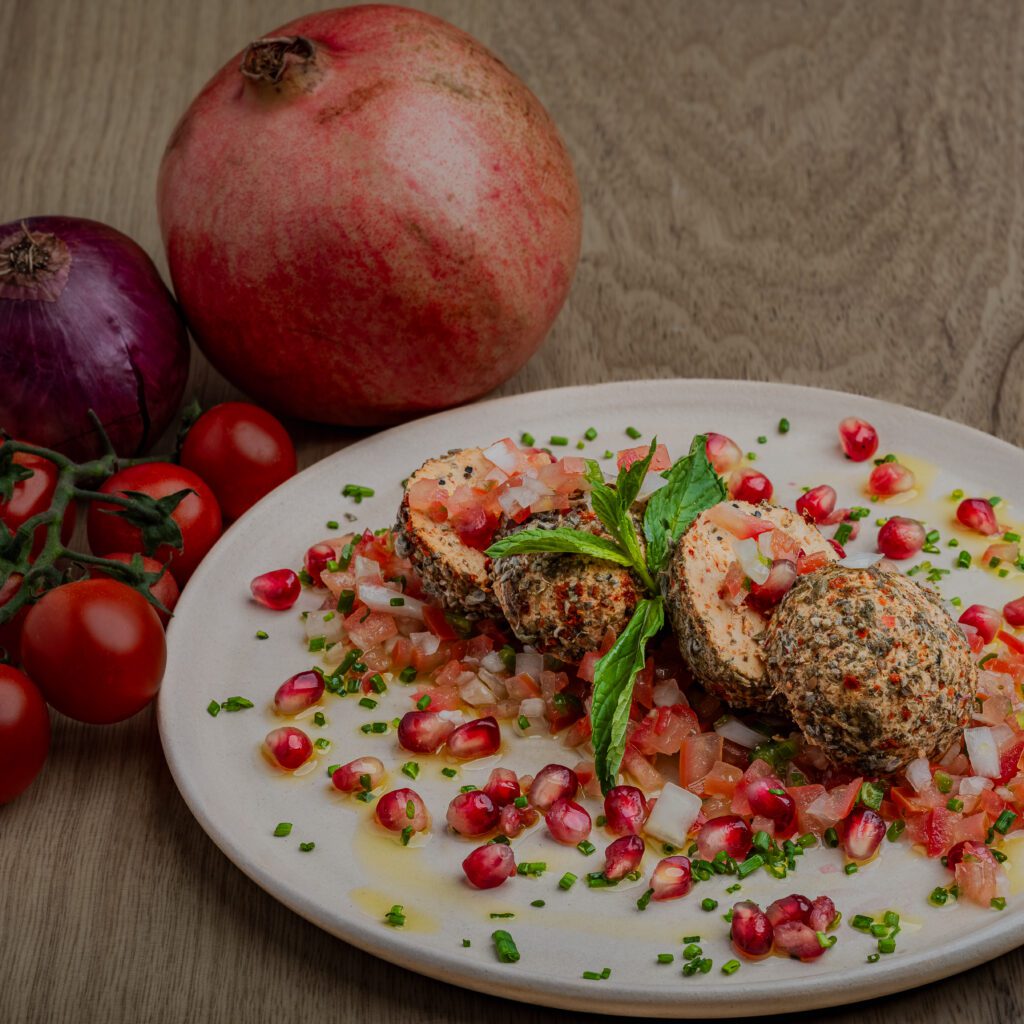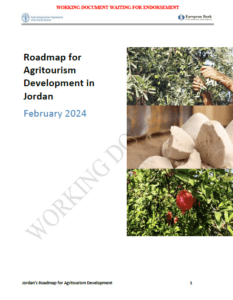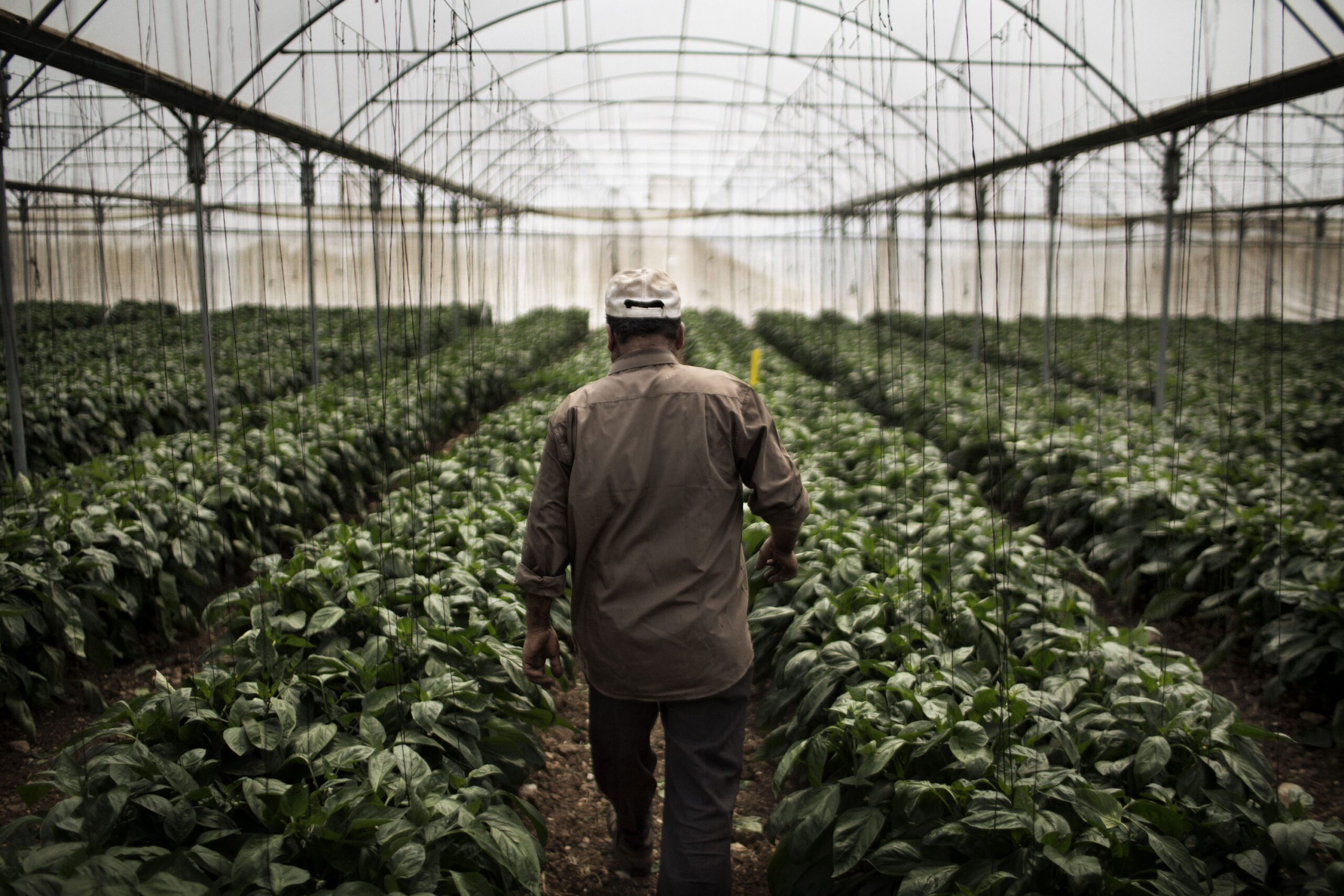PROJECT SUMMARY
The EBRD and FAO, with the support of the European Union, are working in Jordan to strengthen links between local agricultural producers, traditional foods and the tourism industry, in a move that could serve up benefits for all.
Context
Jordan has a vibrant food heritage which, thanks to a project by the EBRD and FAO to strengthen links between its agrifood producers and tourism, more people from all over the world will be able to appreciate in tandem with its historic attractions.
Traditional foods – dates, jameed, lamb, olives, olive oil, pickles, pomegranate, rice, sweet pastries, yoghurts and za’atar – are both local gastronomic delights and a means to increase employment opportunities and incomes, particularly for women and disadvantaged groups
Agriculture in Jordan is the main source of income for 15 percent of the population in rural and arid areas, particularly for women and disadvantaged groups. Women are also the custodians of knowledge about traditional recipes. As tourists have started to return to Jordan following the COVID-19 pandemic, strengthening the links between local agricultural producers and the tourism industry could prove a winning business strategy, boosting both incomes and the tourist experience.
Activities
The EBRD and FAO, in collaboration with the European Union, are supporting efforts in Jordan to link local agricultural producers to the tourism industry through activities to:
Upgrade the quality and marketability of traditional food products including through building the technical and organizational capacity of producers and SMEs;
Support the development of sustainable and culinary tourism by enhancing the local offer through capacity-building activities and promoting Jordan’s gastronomy heritage.
Promote Jordan’s gastronomy including training sessions with local chefs on preparing and promoting local speciality dishes, and promotional activities with tourism industry players, for example, on the potential of gastronomy tours.
Disseminate lessons learned and allowing future scaling up in Jordan and the SEMED region.
Achievements
Building a Jordanian vision and knowledge on agritourism:
- 1 study tour in Italy on agritourism best practices for 10 key public and private stakeholders.
- 10 webinars on agritourism development attended by around 50 agritourism practitioners.
Strengthening local value chains through linkages with the HORECA industry:
- 1 value chain analysis and identification of key opportunities and bottlenecks for the promotion of Pomegranate, Dairy products and olive oil towards the HORECA. industry
- 100 local producers participating to 4 capacity-building programs on processing, packaging, quality/safety, labeling/traceability and marketing for pomegranate, dairy and olive oil.
Promoting Jordan as an agritourism destination:
- 1 catalogue promoting 40 top-quality agritourism experiences in Jordan.
- 3 promotional leaflets on Pomegranate, Dairy products, and olive oil.
- 1 workshop for 23 tour operators to expand their knowledge of agritourism market potential.
- 2 local famtrips for 27 tour operators to test agritourism experiences in Northern and Southern Jordan.
Defining investment priorities for agritourism in Jordan:
- Support to the creation of a task force of key public and private stakeholders on agritourism.
- Participation to 1 international conference on agritourism in Bolzano to present the project results.



































